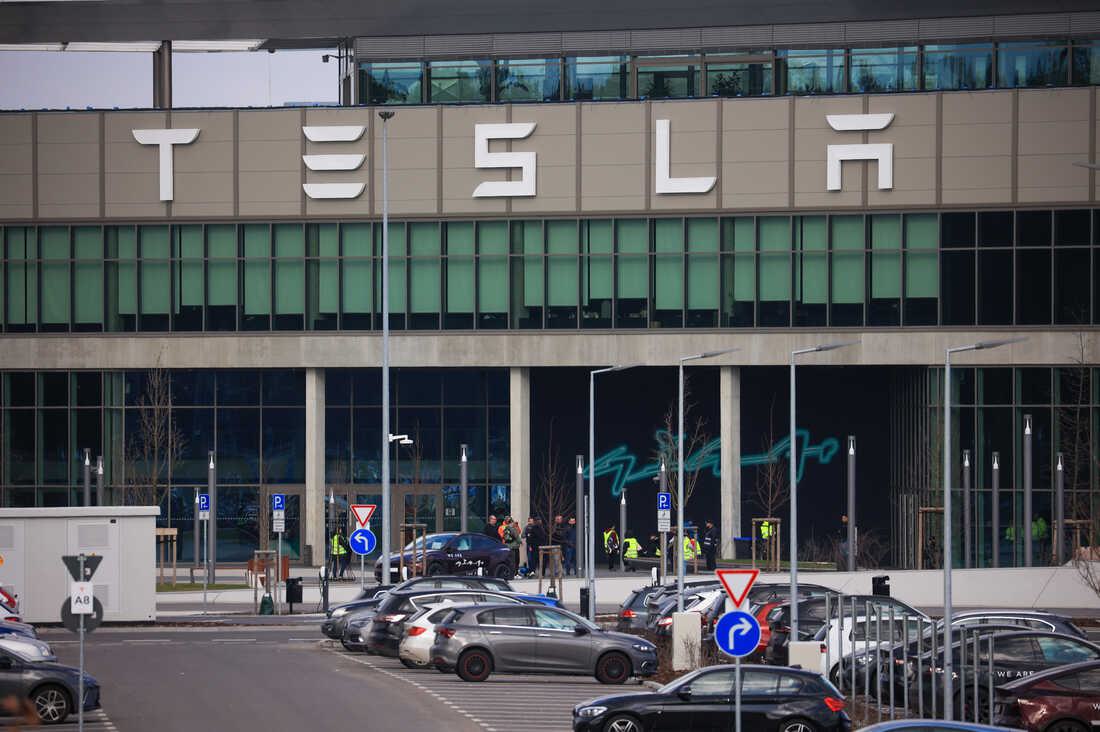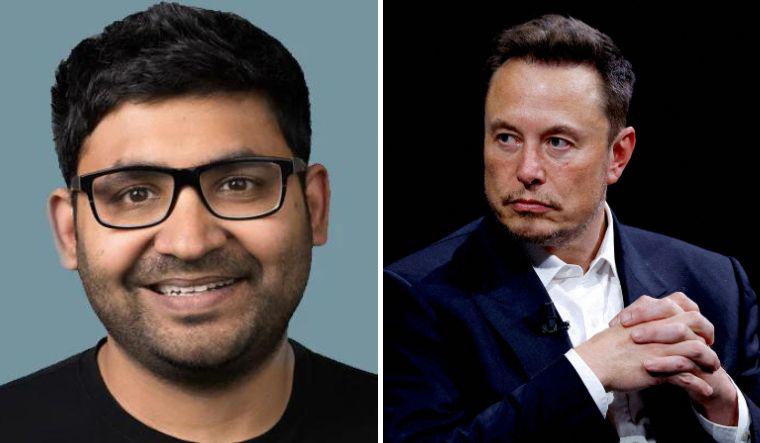The Future Of Decentralized Exchanges in 2022 - Dispatch Weekly
January 5, 2022 - Reading time: 3 minutes

The crypto industry in the year 2022 is a very different place. Bitcoin is no longer king and has been replaced by a whole slew of digital assets. As a result, the way to trade these assets has shifted too. This article takes an in-depth look at the decentralized exchanges that you’ll be using to trade all your favourite coins.
On Decentralized Finance (DeFi), individual traders have direct market access on the same APIs and servers as professional firms. Furthermore, automated market makers (AMMs) are used to make fully democratic exchanges with no regulatory or competitive barriers.
Cryptocurrency projects often depend on market makers in order to function smoothly. Market makers help trades be completed without incurring slippage, and by providing liquidity they also contribute efficiencies in discovering the intrinsic value of projects.
What is a decentralized exchange?
Decentralized exchanges make it possible to trade one cryptocurrency for another cryptocurrency. In other words, they are a marketplace where people can buy and sell cryptocurrencies without a centralized institution in charge of the transactions. The decentralized exchange is not held in any one place but rather is spread out across the internet.
The 1st Generation of Decentralized Exchanges: Uniswap, SushiSwap, Kyber
These decentralised exchanges are exchanges that run on a P2P model. This means that they do not rely on a centralised company to hold customer funds or manage order books. Instead, the decentralised exchange is built on top of blockchain technology, which ensures that transactions are transparent and immutable.
The 2nd Generation: 0x, IDEX, Balancer
Decentralized exchanges are still relatively new and with high risks. They offer privacy, security, and censorship resistance against centralized exchanges with the price of slow and unreliable trading and liquidity. The 3rd Generation: Hybrid centralised/decentralized exchanges like IDEX. These are the most recent type of exchange and are the easiest to use and most compatible with existing exchanges such as Poloniex.
Future: Augur and Zipper
The future of decentralized exchanges is bright. There are already a few projects in the space worth looking into. Augur and Zipper are two decentralized exchanges that use smart contracts to create a marketplace for traders to buy and sell cryptocurrencies. The benefits of these markets are that they allow users to trade without having to worry about their funds being controlled by a central authority. All trades happen directly between traders through a network of forex trading pairs.
It’s important to consider how decentralized exchanges will play a major role in the future of cryptocurrency trading. For one, they offer a more transparent and secure way to trade digital currencies. They eliminate the need for a centralized third party which has been a major concern in the industry.

DW Staff
David Lintott is the Editor-in-Chief, leading our team of talented freelance journalists. He specializes in covering culture, sport, and society. Originally from the decaying seaside town of Eastbourne, he attributes his insightful world-weariness to his roots in this unique setting.




